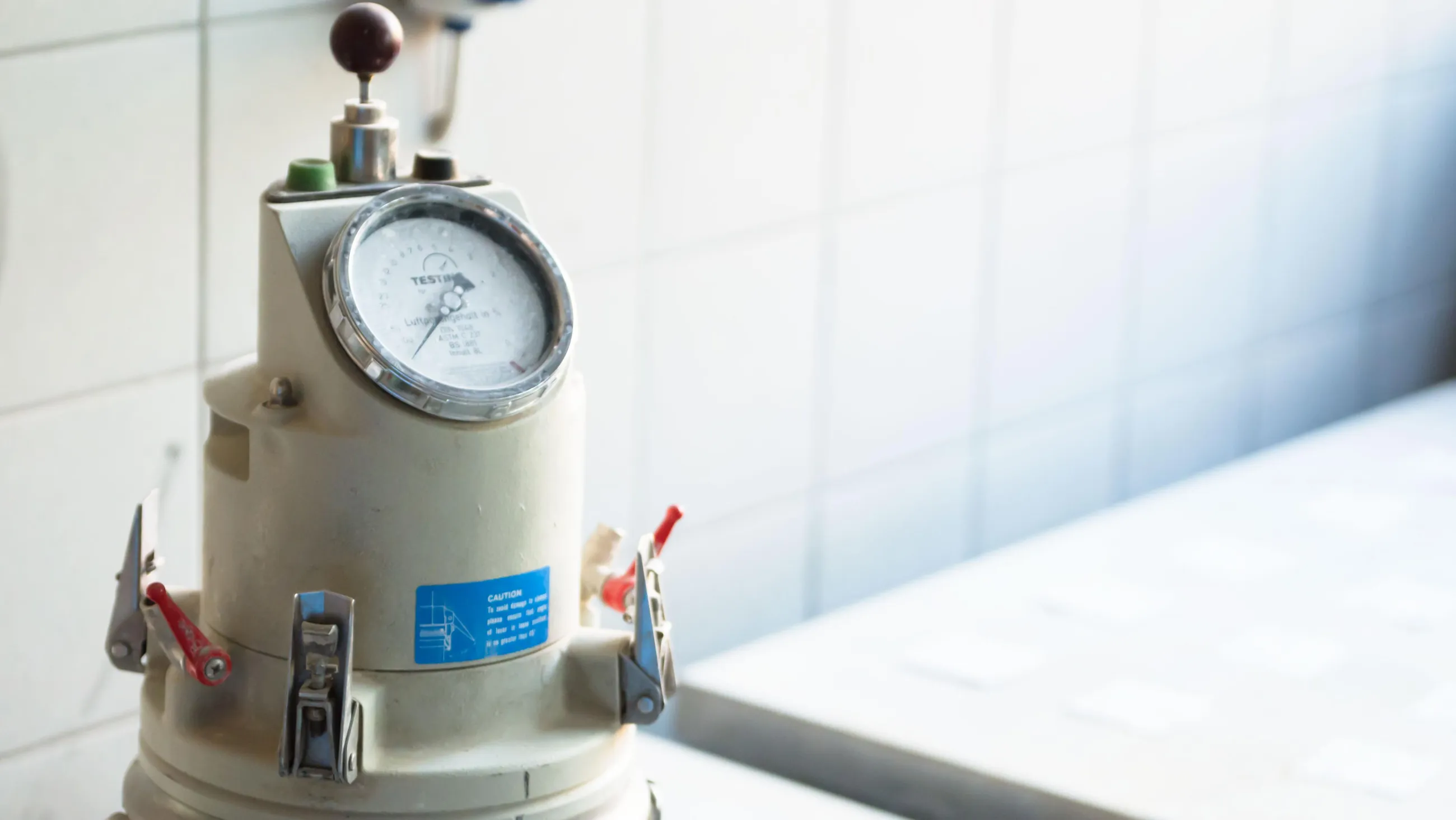Laboratory for Building Materials

In the laboratory for building materials, practical laboratory exercises are used to clearly supplement the courses of the department of Civil Engineering on building materials, concrete technology and concrete repair. In addition, the laboratory takes on assignments for materials testing and building materials inventory of existing building fabric.
Utilisation
The laboratory for building materials primarily carries out the following projects:
- Investigation of the properties of mineral and metallic building materials (strength, modulus of elasticity, hardness, etc.)
- Protection and repair of concrete structures
- Assessment of building materials and determination of damage to all types of structures
- Non-destructive / low-destructive testing methods
- Metallographic examinations
Lecture-accompanying laboratory exercises, practicals and projects
The main task of the Building Materials Laboratory is to supplement the material taught in the compulsory lectures Building Materials I/II, Concrete Technology and Concrete Repair as well as the corresponding elective courses with practical and demonstrative laboratory exercises and practicals. In addition, the laboratory provides support in the realisation of projects involving material technology issues.
Theses and research
Final theses on topics related to building materials usually have a significant experimental component. The laboratory for building materials offers interested students the opportunity to use the available equipment for their work. In addition, long-term research projects can be carried out.
Third-party funded projects by external clients
The laboratory for building materials accepts jobs for material testing and building material surveys of existing building structures, particularly for demanding and complex problems.
Testing services
The laboratory for building materials takes on assignments for materials testing and building materials inventory of existing building fabric in the following areas:

